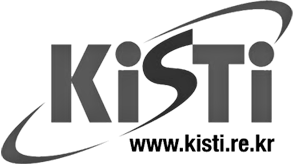Service Principles
Epops is committed to "easy registration, permanent access and convenient citation" of research content for free and fair sharing of scientific research results. We also support the following FAIR principles for the management and accountability of scientific data.
FAIR principle
The FAIR principle not only allows individual researchers to reuse your research results, but also focuses on improving the ability of information systems to automatically find and use data. Through these principles, we are working to ensure that the data you share is legitimate.
Searchable
- F1: (meta) data is assigned a unique, permanent identifier globally.
- F2: Data is described in rich metadata (defined in R1 below).
- F3: Metadata clearly and explicitly includes the identifier of the data being described.
- F4: (Meta) data is registered or indexed on searchable resources.
Accessible
- A1: (Meta) data is an identifier and can be retrieved using standard communication protocol.
- A1.1: Communication protocols are open, free, and universally implementable.
- A1.2: The communication protocol allows authentication and authorization procedures if necessary.
- A2: Metadata can be accessed even if data is no longer available.
Interoperable
- I1: (Meta) data uses formal, accessible, shared, widely applicable languages for knowledge representation.
- I2: (Meta) data uses vocabulary that complies with the FAIR principle.
- I3: (meta) data contains appropriate references to other (meta) data.
Reusable
- R1: Describe (meta) data in a number of precise and related attributes.
- R1.1: (Meta) data is released with a clear and accessible data usage license.
- R1.2: The (meta) data relates to the detailed source.
- R1.3: (Meta) data complies with the standards of the domain-related community.
Source : Wilkinson, M. D. et al. The FAIR Guiding Principles for scientific data management and stewardship. Sci. Data 3:160018 doi: 10.1038/sdata.2016.18 (2016).
